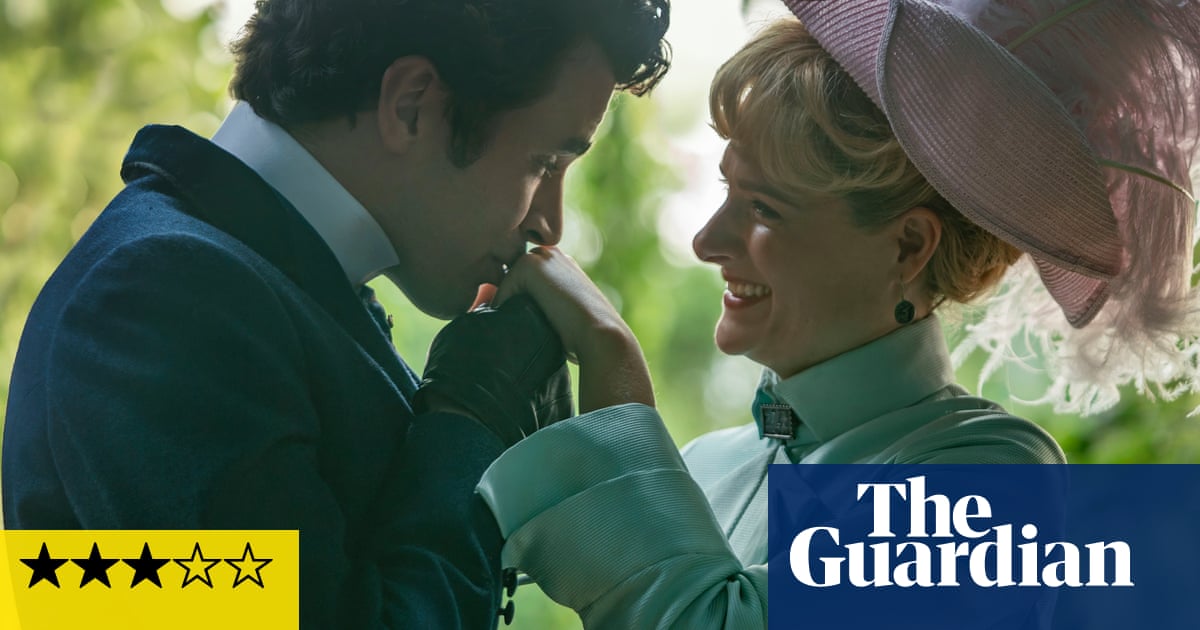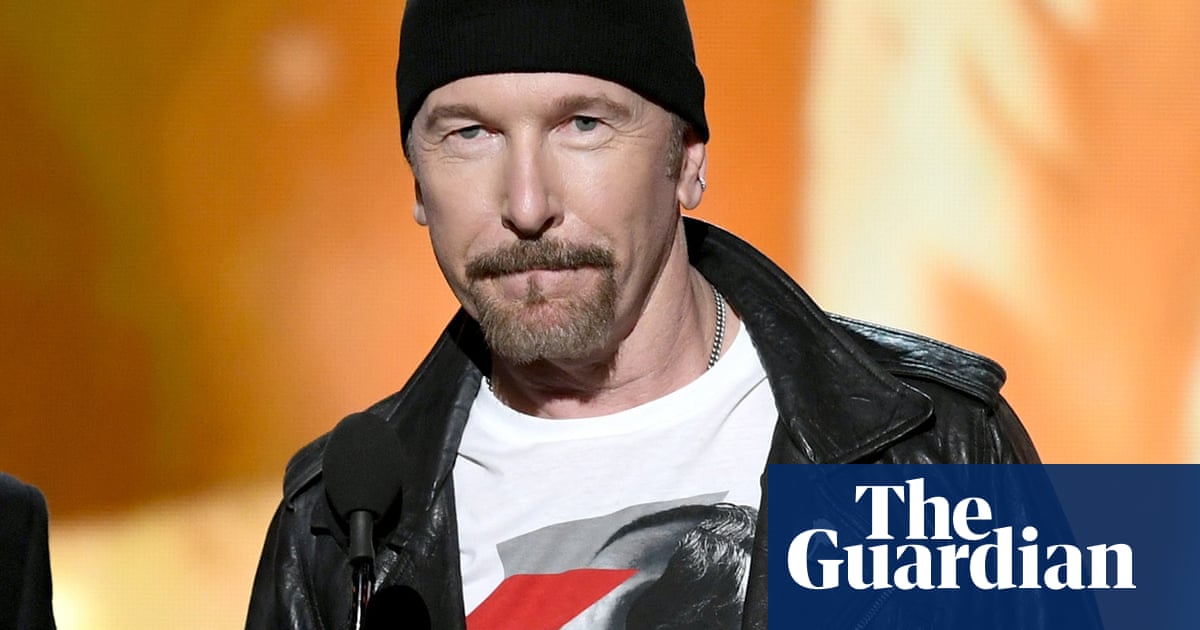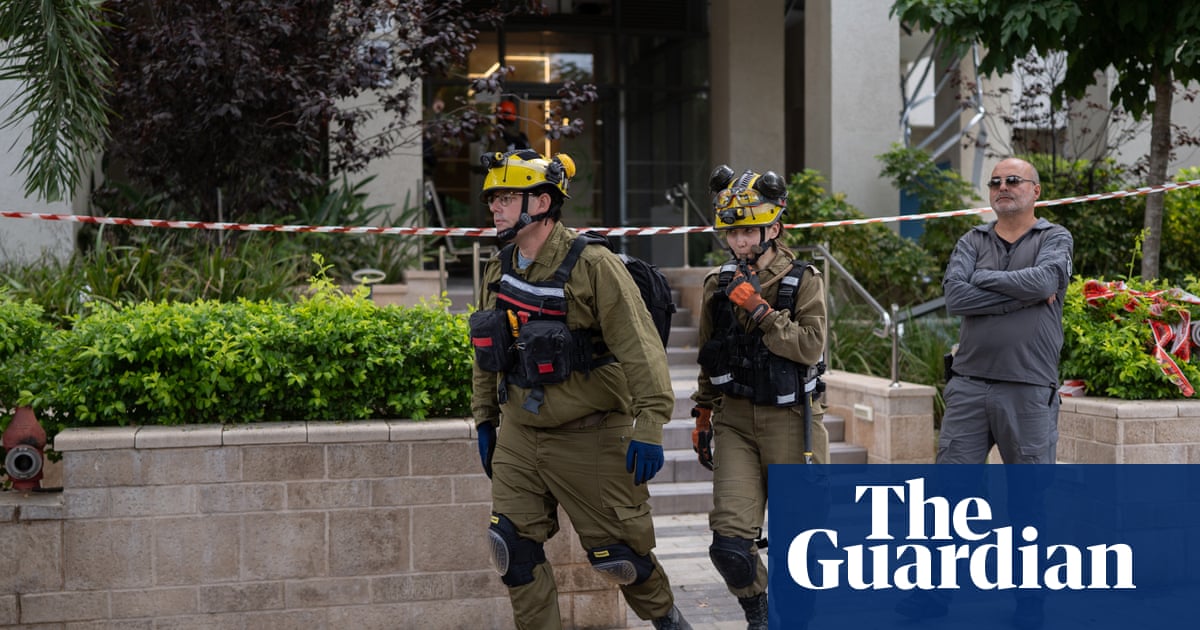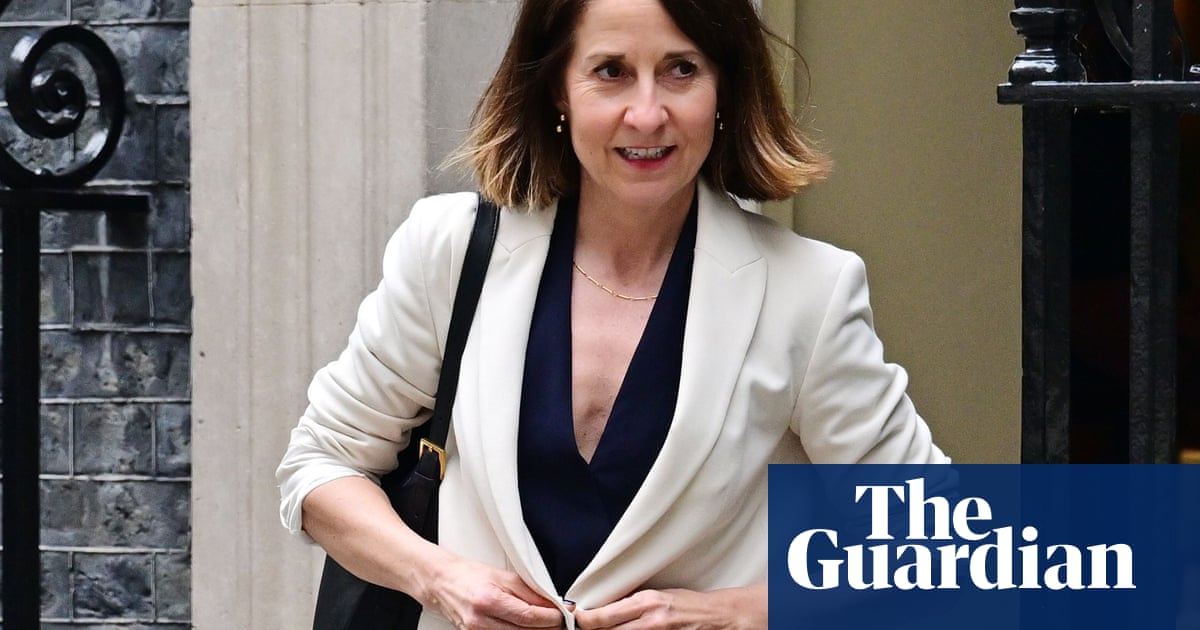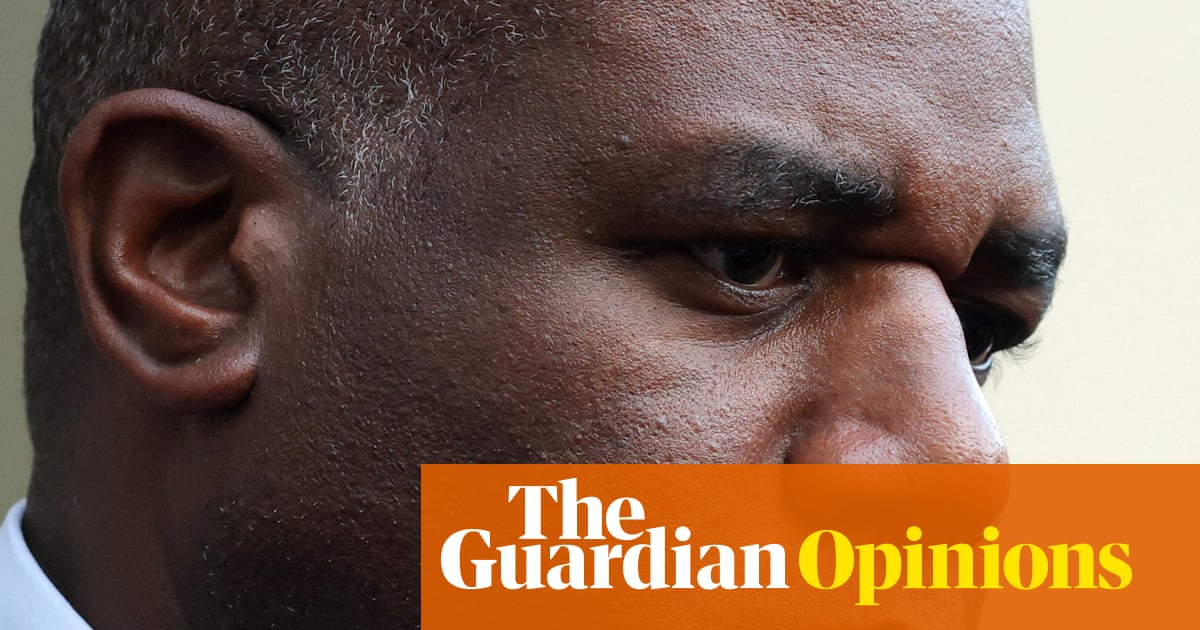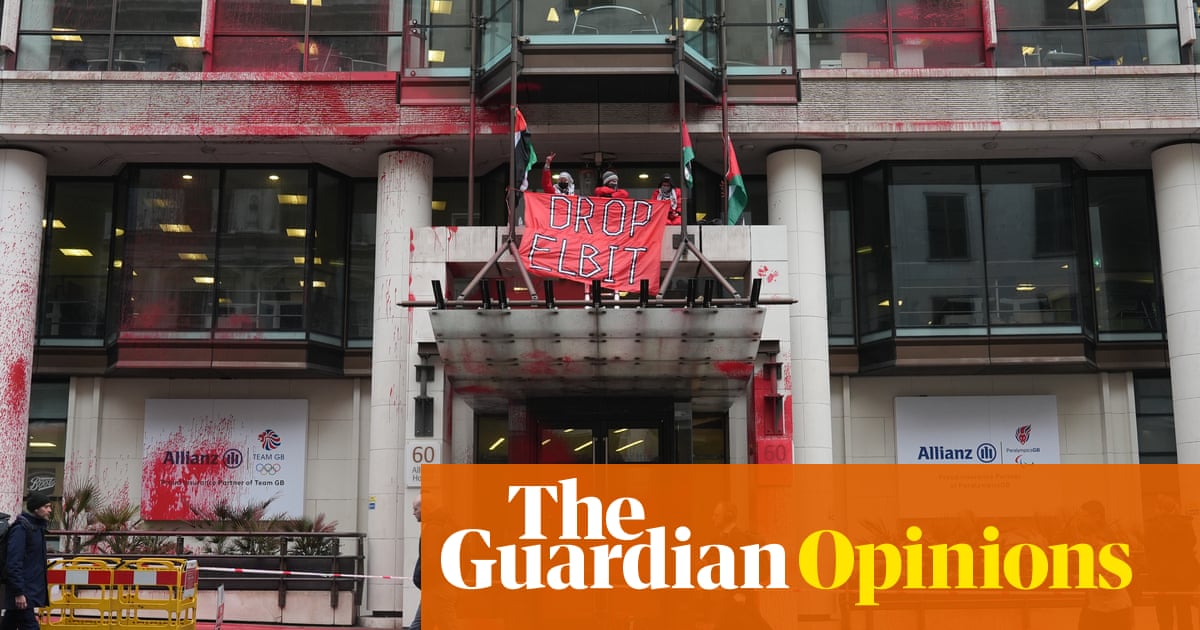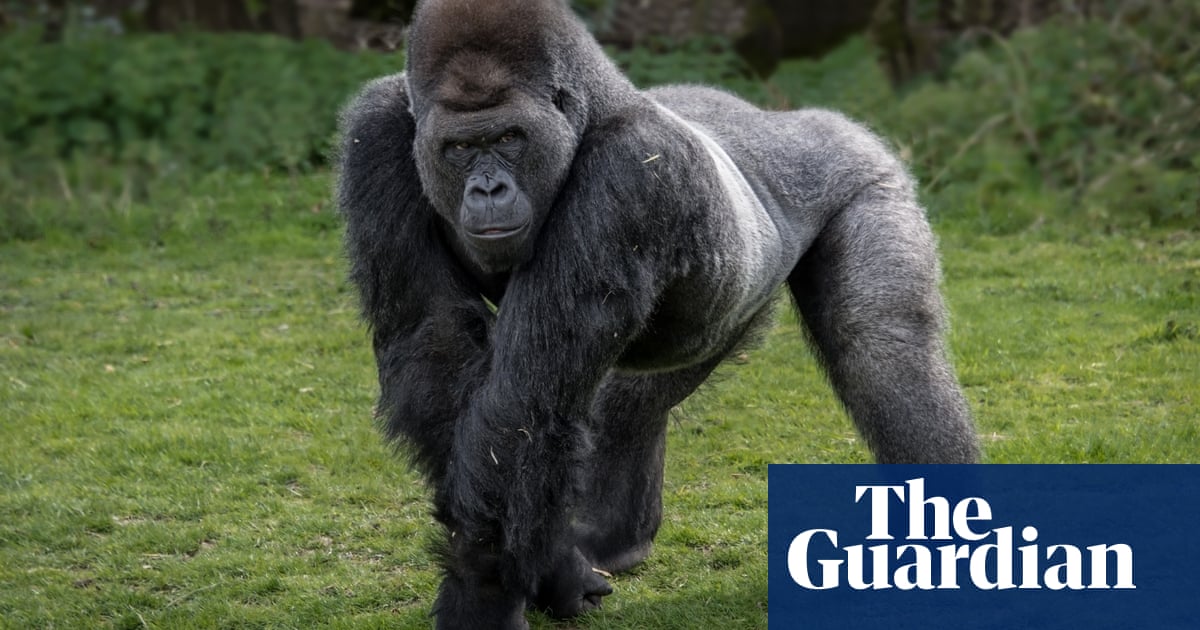Brady Corbet’s Oscar hopeful The Brutalist offers a somewhat skewed depiction of architectural intent, one where public demonstrations of genius and private catharses have an outsized impact on a building’s design. Grand gestures and hidden intentions make for good drama, but physical space in The Brutalist is rendered secondary to psychological space — it’s a film about a great architect, not great architecture. For the latter, one must watch Korean-American director Kogonada’s film Columbus.
Early on in this gentle drama, Jin (John Cho) speaks of renowned architect James Polshek’s belief in architecture as a “healing art” while looking at one of Polshek’s own designs: the glass walkway of the Columbus Regional Mental Health Center. While Jin admires its faintly dilapidated beauty, it is unclear whether he believes that architecture can really heal us. But Kogonada most certainly does: his generosity of spirit and rigorous control of cinematic technique imbue Columbus with a quiet, aching humanity, demonstrating how spaces can haunt and heal us.
For Jin, Columbus the city exists almost as a state of limbo. Travelling from Seoul to care for his comatose father – a noted architectural scholar struck down by a heart attack – Jin finds himself at his dad’s side at the behest of his father’s assistant, Eleanor (Parker Posey), rather than genuine filial piety. While awaiting his father’s ultimate fate, Jin busies himself with his work as a translator, telling Eleanor that his publisher has implied “family is the most important thing, but really work is the most important thing” – a convenient excuse for a man reluctant to grieve.
Meanwhile, Columbus local Kasey (Haley Lu Richardson) keeps a watchful eye over her mother, who is recovering from meth addiction. This has kept the gifted 19-year-old from pursuing a college education – or following up on a job offer from a famed architect based in Boston.
Instead, Casey devotes her time to working at the local library alongside the amiable but noncommital Gabriel (Rory Culkin). Casey, who rattles off tour guide spiels about the local architecture to herself, accurately picks Jin’s relation to his famous father and the pair strike up a friendship.
Casey offers to take Jin, a self-avowed skeptic on the higher powers of architecture, on a tour of Columbus’ modernist treasures: from the formidable spire of Eero Sarinen’s North Christian church to the unobtrusive beauty of James Stewart Polshek’s health center. These spaces offer ample fodder for Jin and Casey’s musings on architecture, as well as cinematographer Elisha Christian’s stately compositions. Spaces can liberate and inspire, like how the soft glow of the First Financial Bank – a favourite building of Casey’s – acts as a proverbial light on a hill that she keeps returning to.

While this could all give the impression Columbus is a coolly intellectual work, Cho and Richardson’s performances ensure this is a film of the heart as much as the head. As Jin, Cho elegantly evokes a man at war with his father’s influence; the jocular manner in which he chastises Casey is a paternal imitation, achingly giving away a “very serious” but “admittedly naive” boy still growing up in his father’s shadow. Watching Jin’s bluffs falter during a failed attempt to rekindle his teenage crush on Eleanor is a moment of particular heartbreak.
As Casey, Richardson cycles between self-enforced stoicism and the bleeding-heart hope she seeks to quash. The thinly veiled pleading in Casey’s eyes as she chastises Jin for not accompanying her on an impromptu midnight walk (“You’re such an old man”, she jibes) is a moment of particular tenderness.
after newsletter promotion
The movie scored only modest financial returns, but Kogonada parlayed the near-universal critical acclaim that greeted Columbus into a second feature film, 2021’s After Yang. He then took to the director’s chair for some of TV’s biggest productions, including the lavish adaptation of Min Jin Lee’s Korean family epic Pachinko.
Richardson found more mainstream recognition with her role in the 2019 teen weepie Five Feet Apart, while Cho flexed his leading man muscles with the inventive 2018 thriller Missing. And yet Columbus lingers as the finest work of all three’s careers: a film that quietly creates the space to form a new perspective on how we relate to the world around us – and most importantly, to each other.
-
Columbus is available to stream on SBS OnDemand in Australia, Apple TV in the UK and the US. For more recommendations of what to stream in Australia, click here

.png) 3 months ago
62
3 months ago
62



